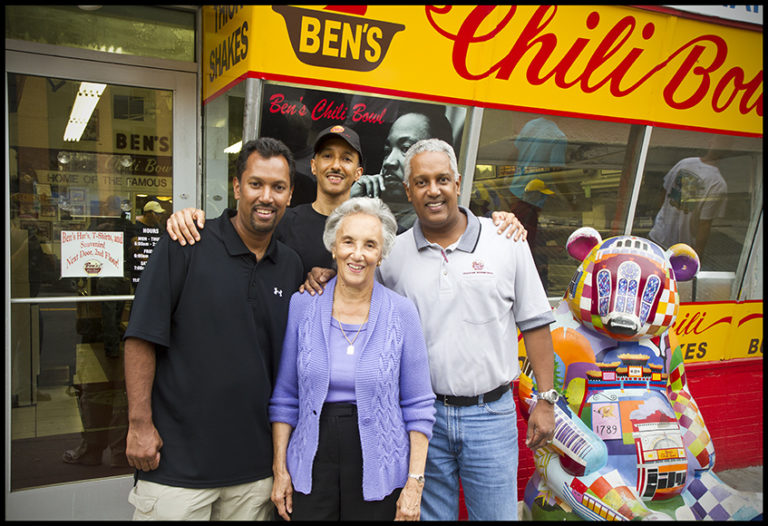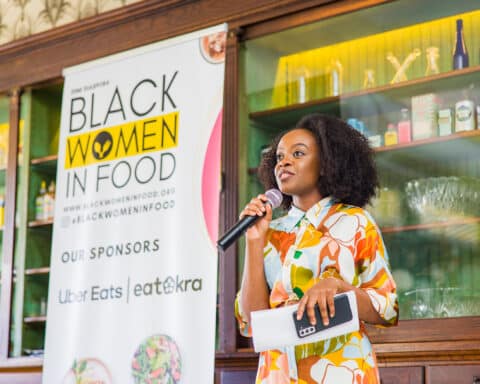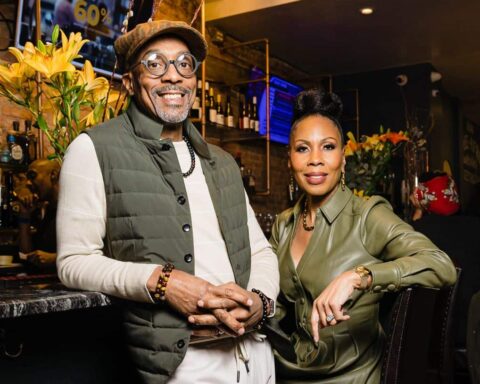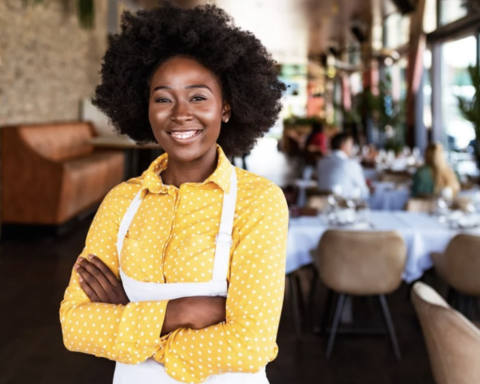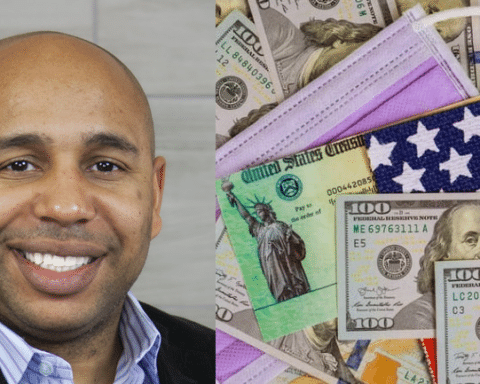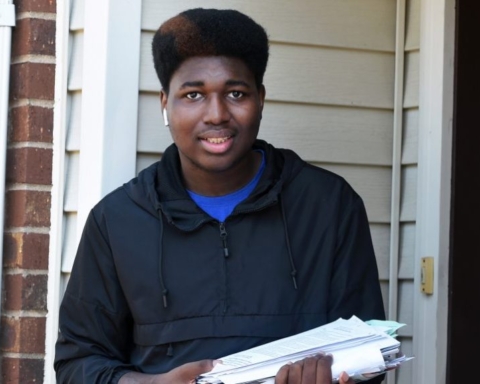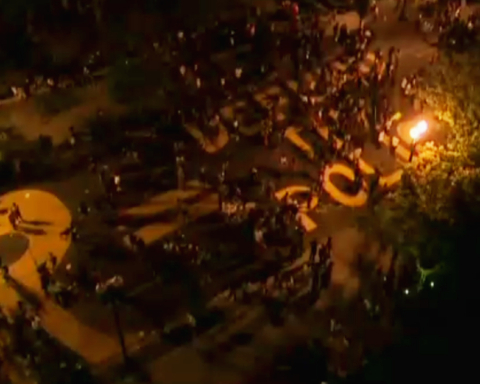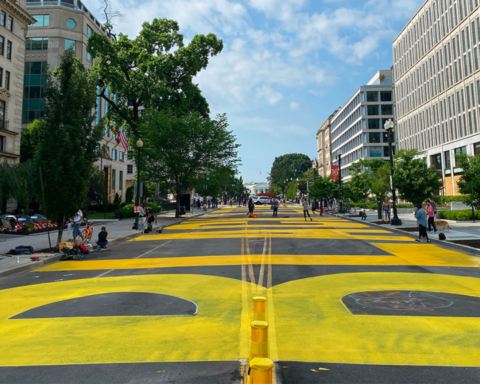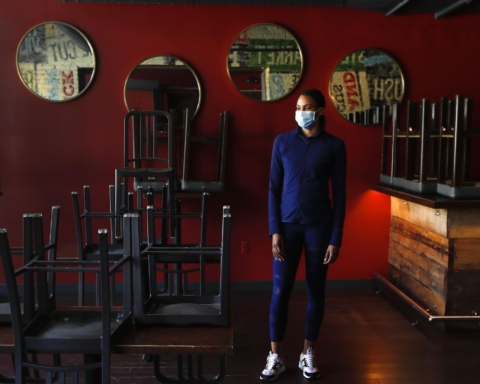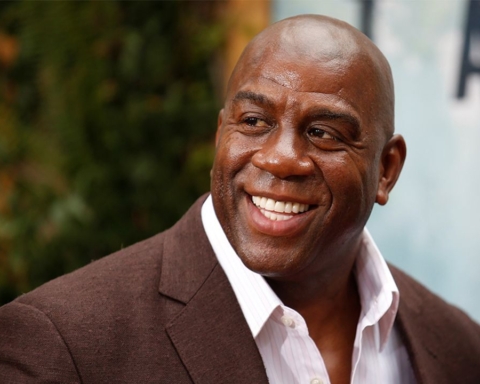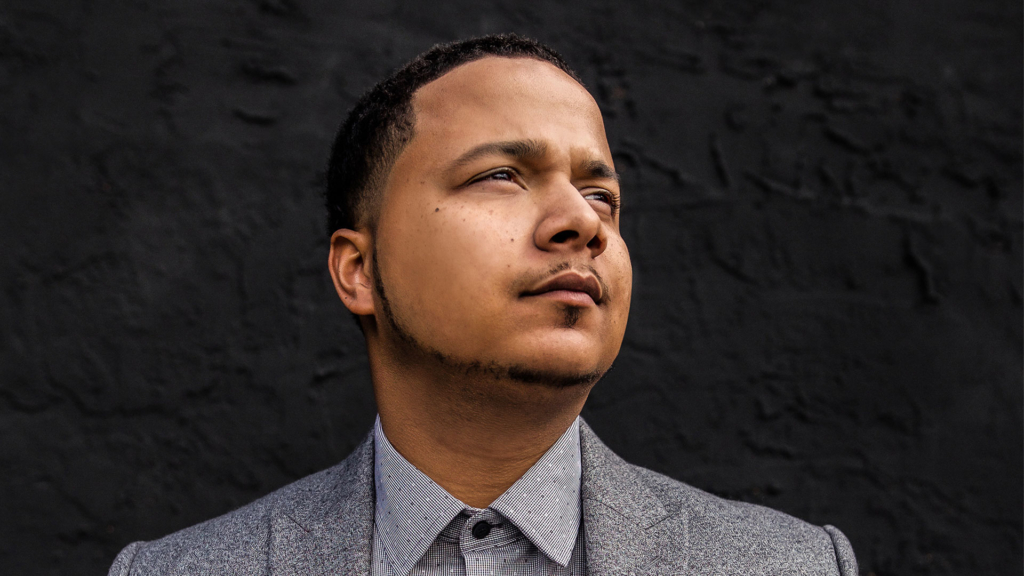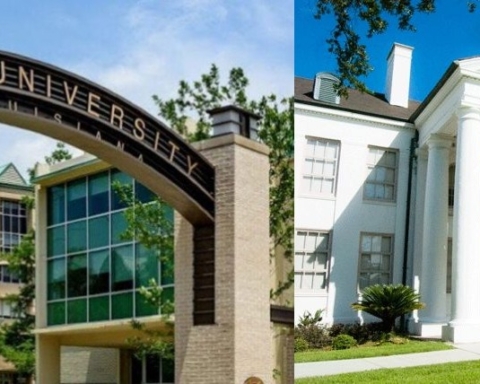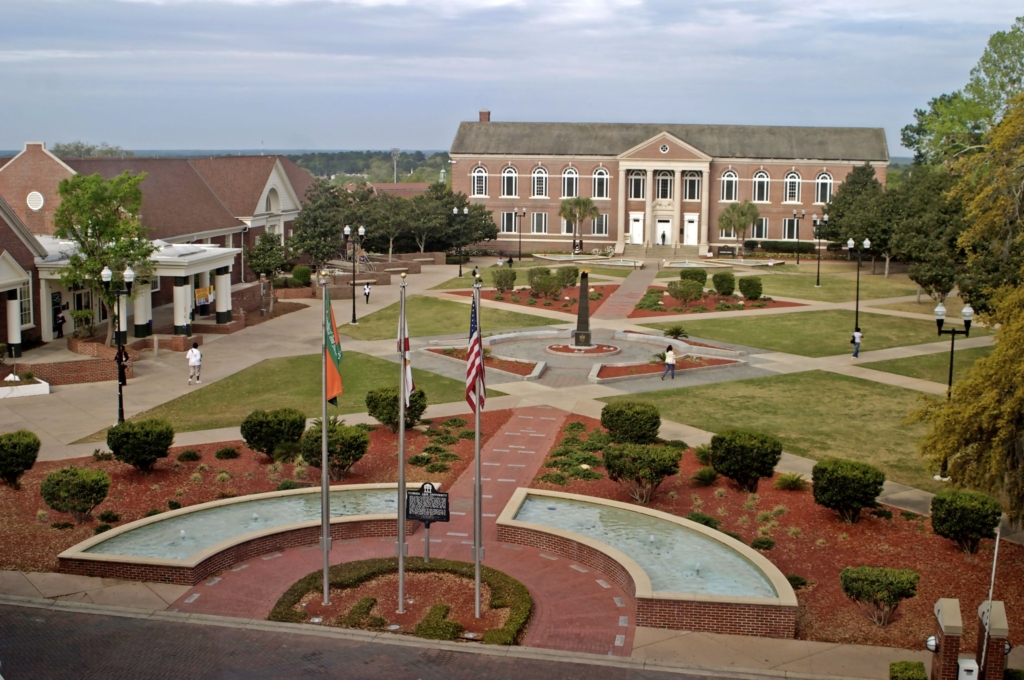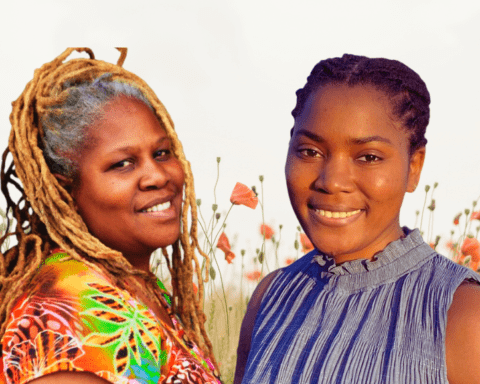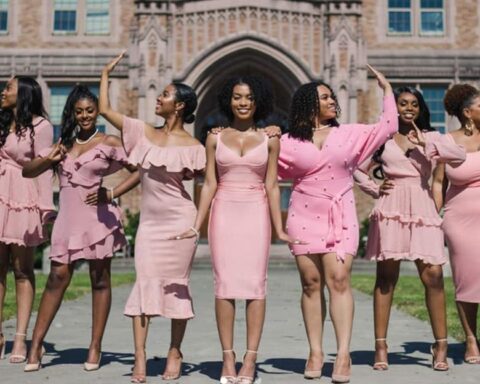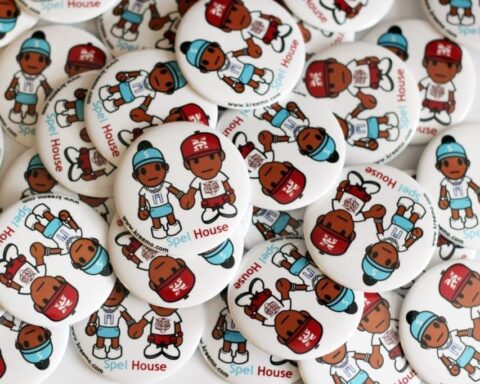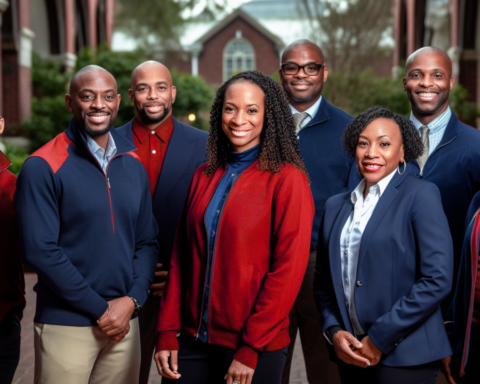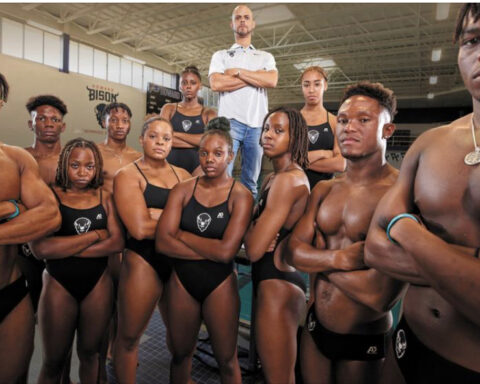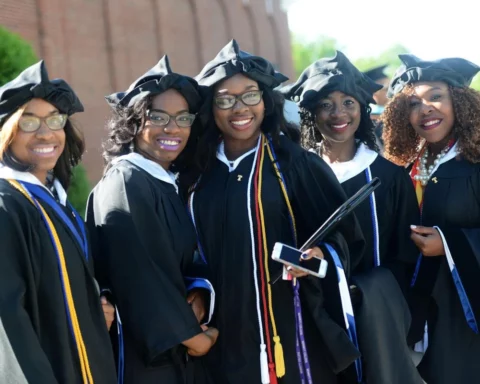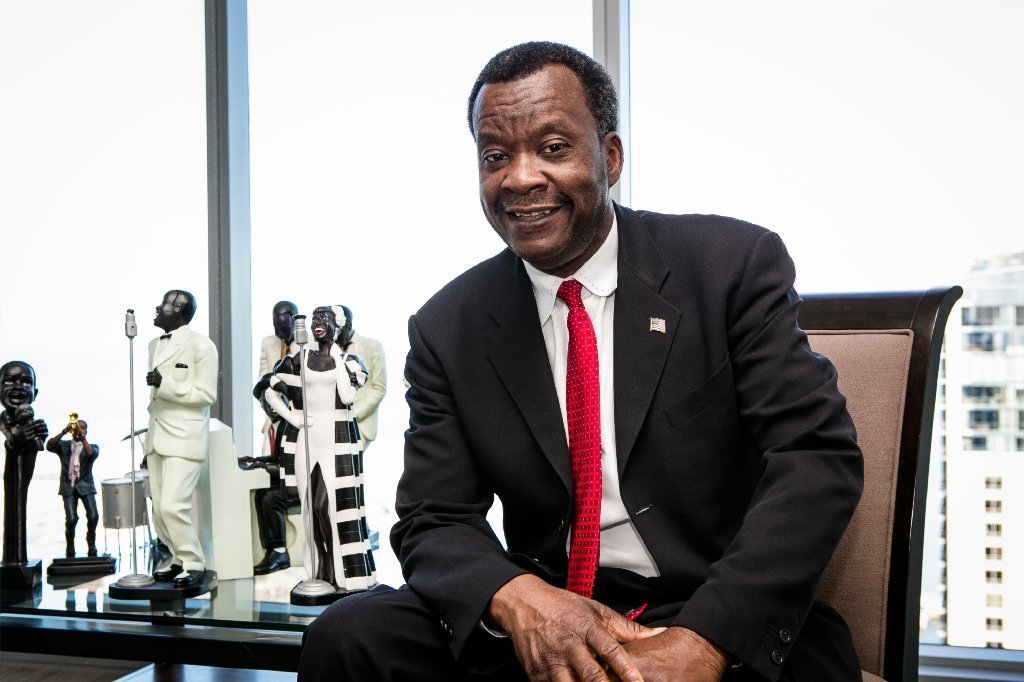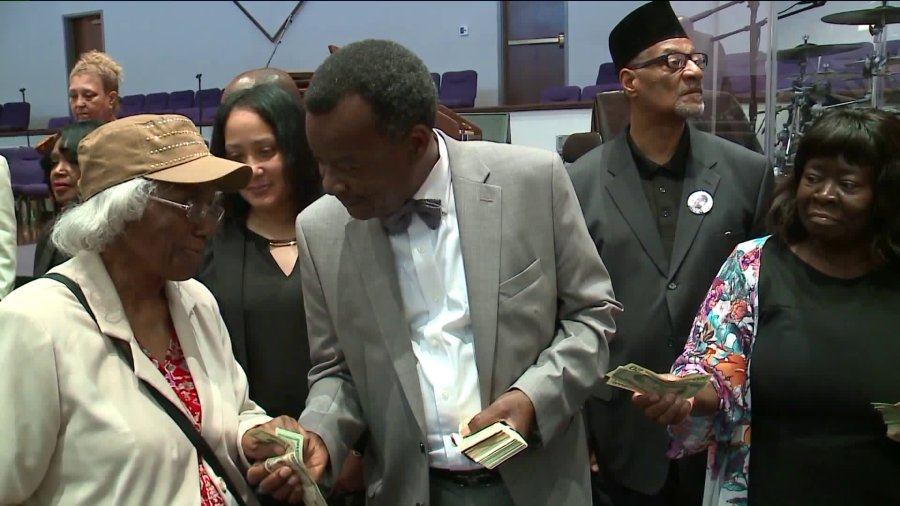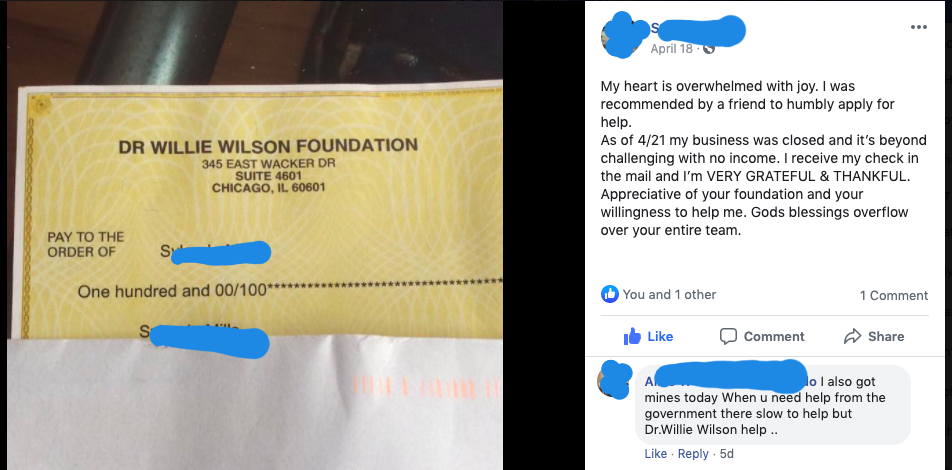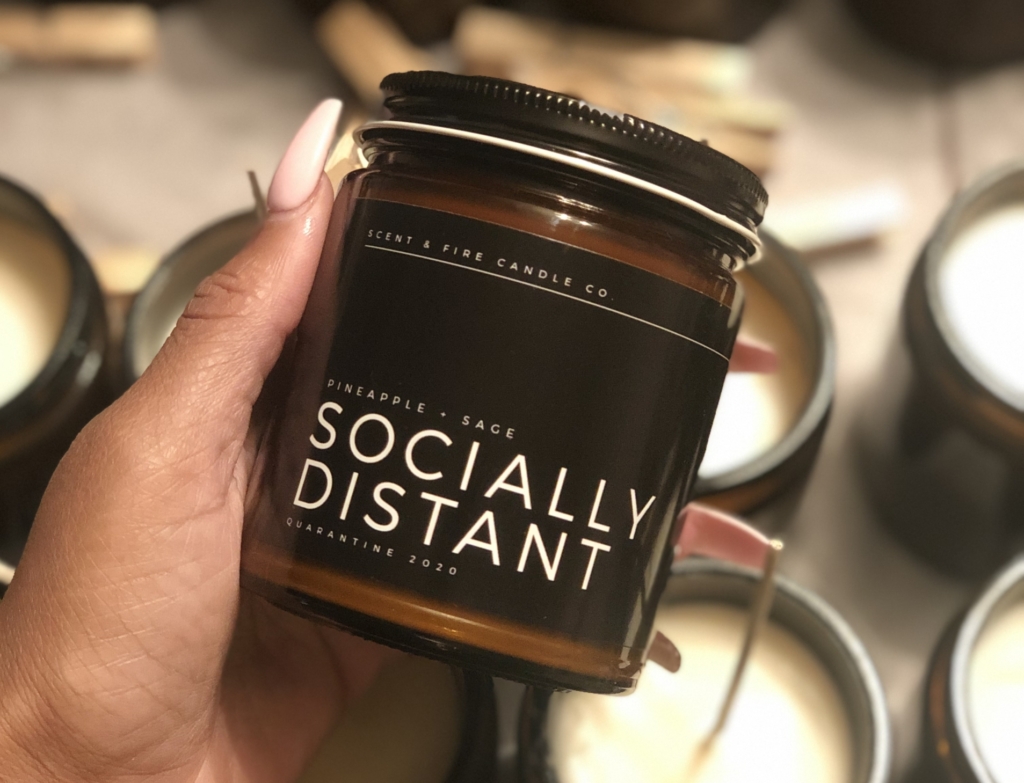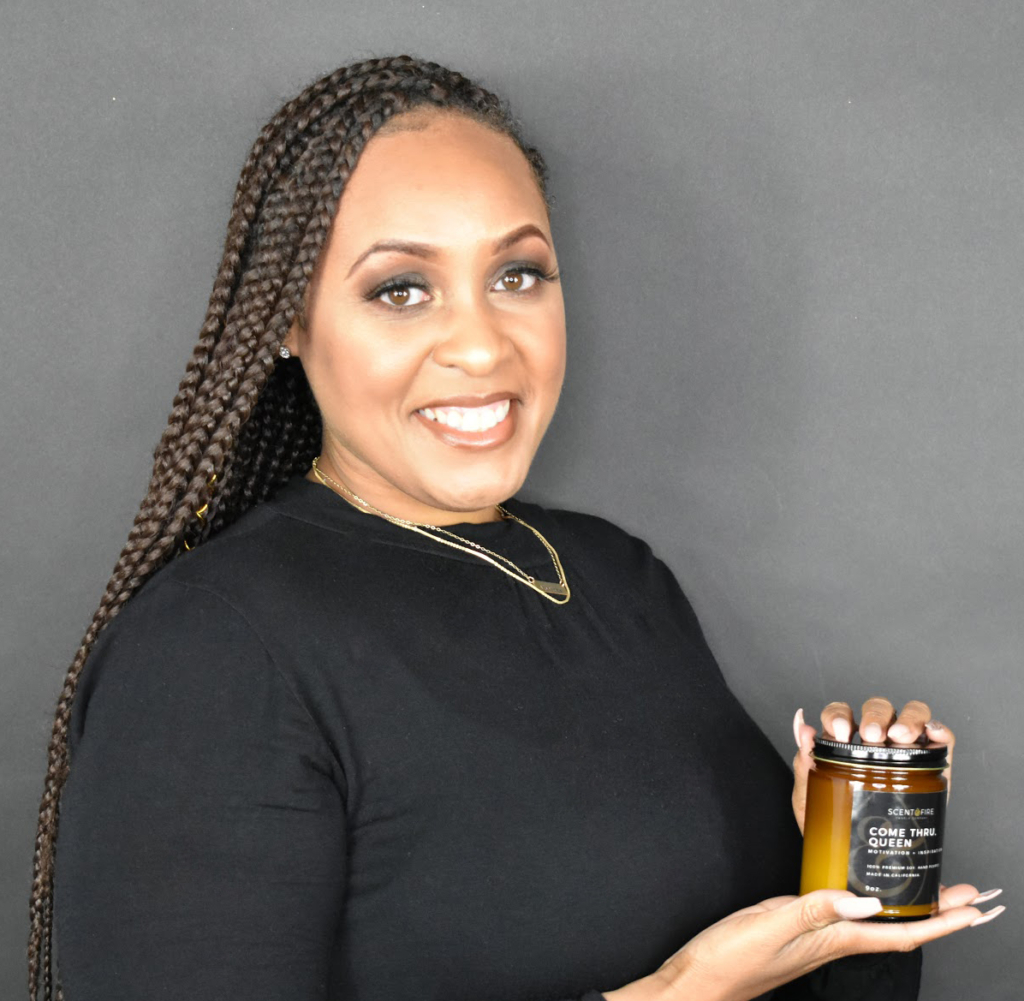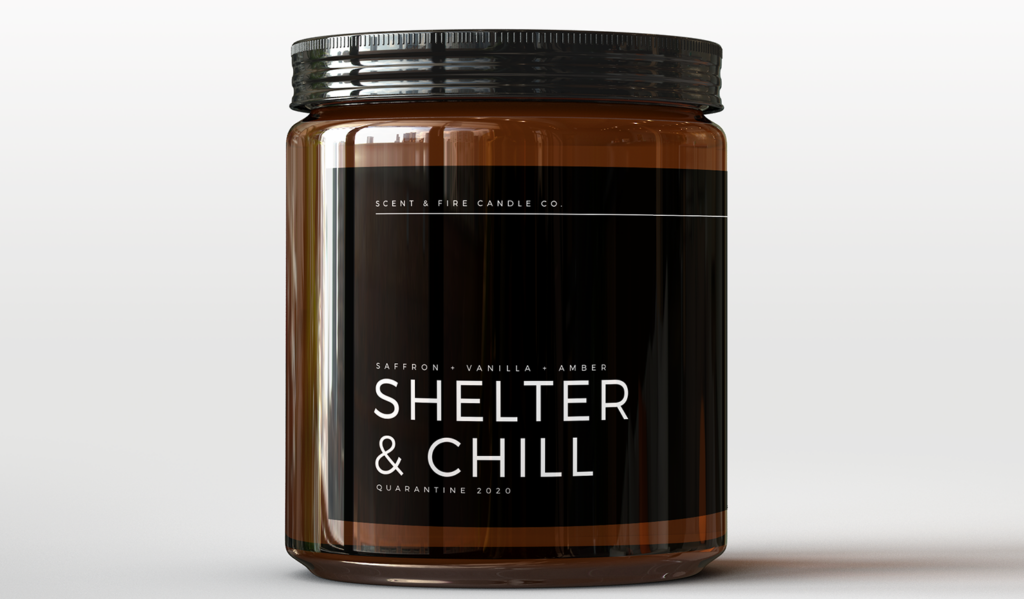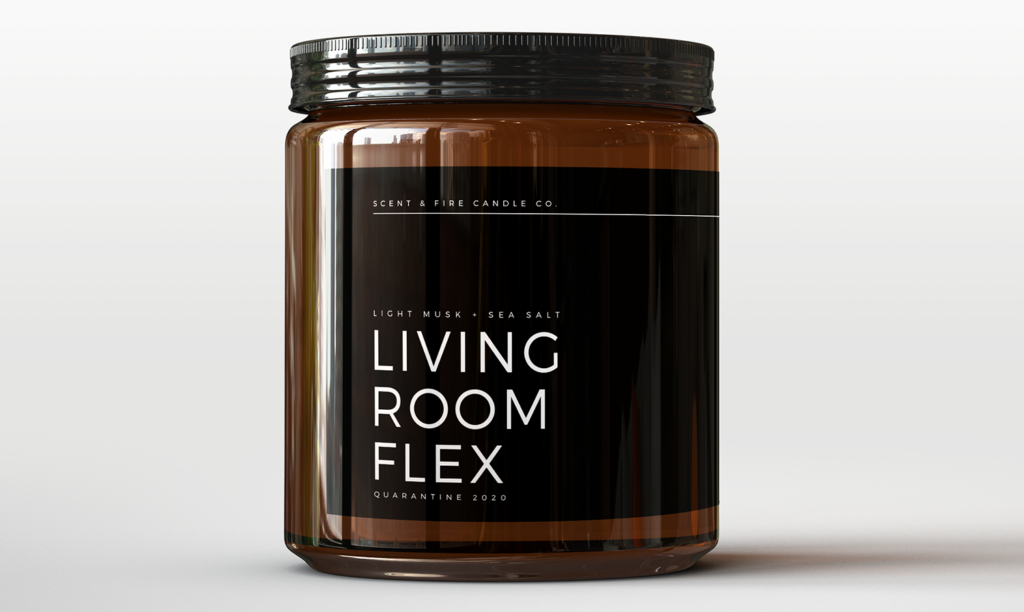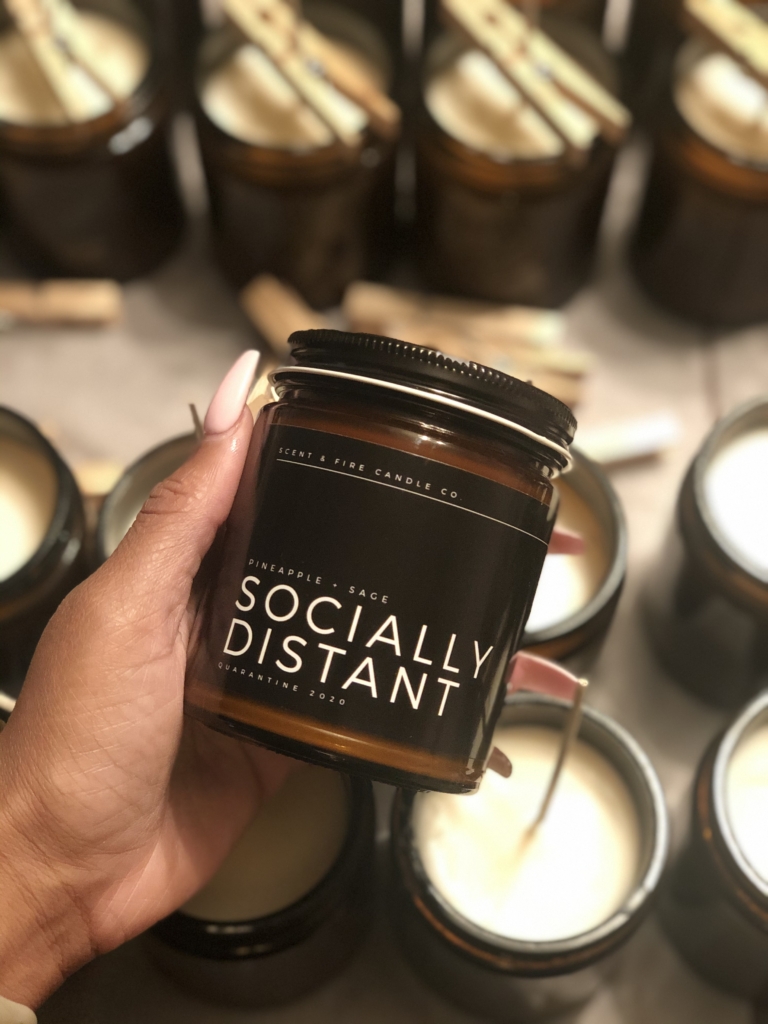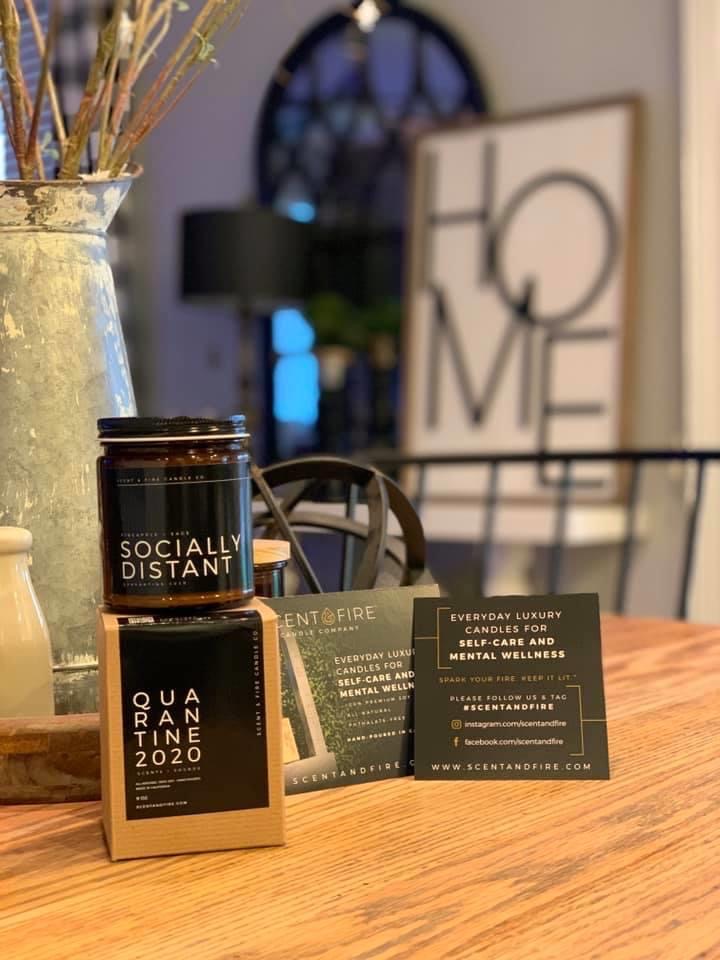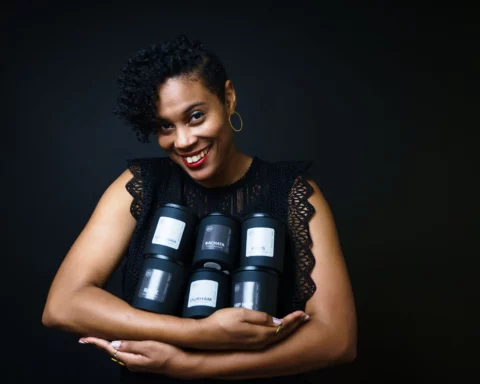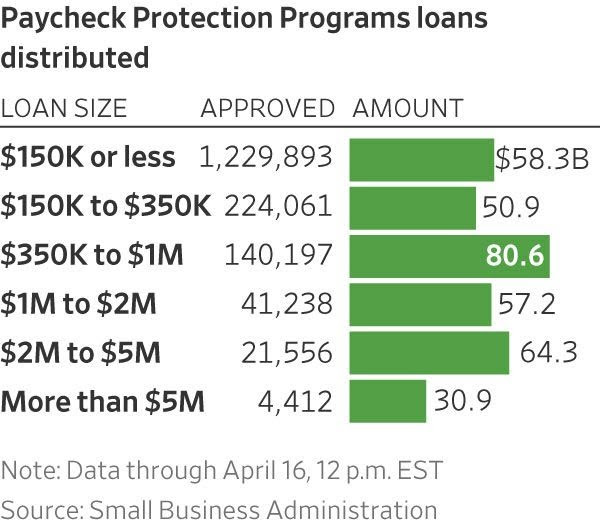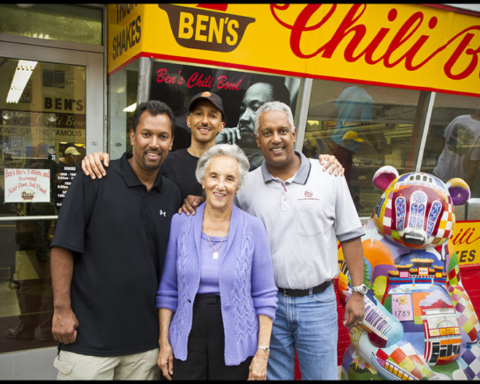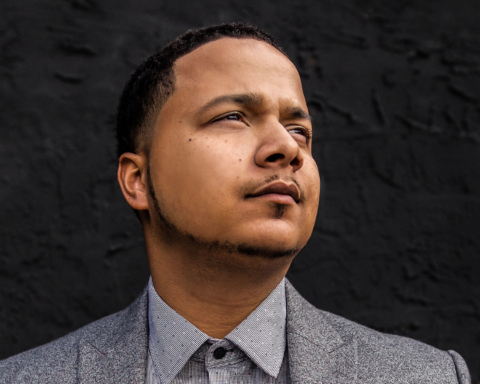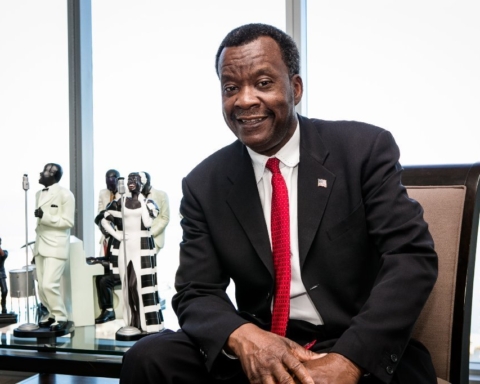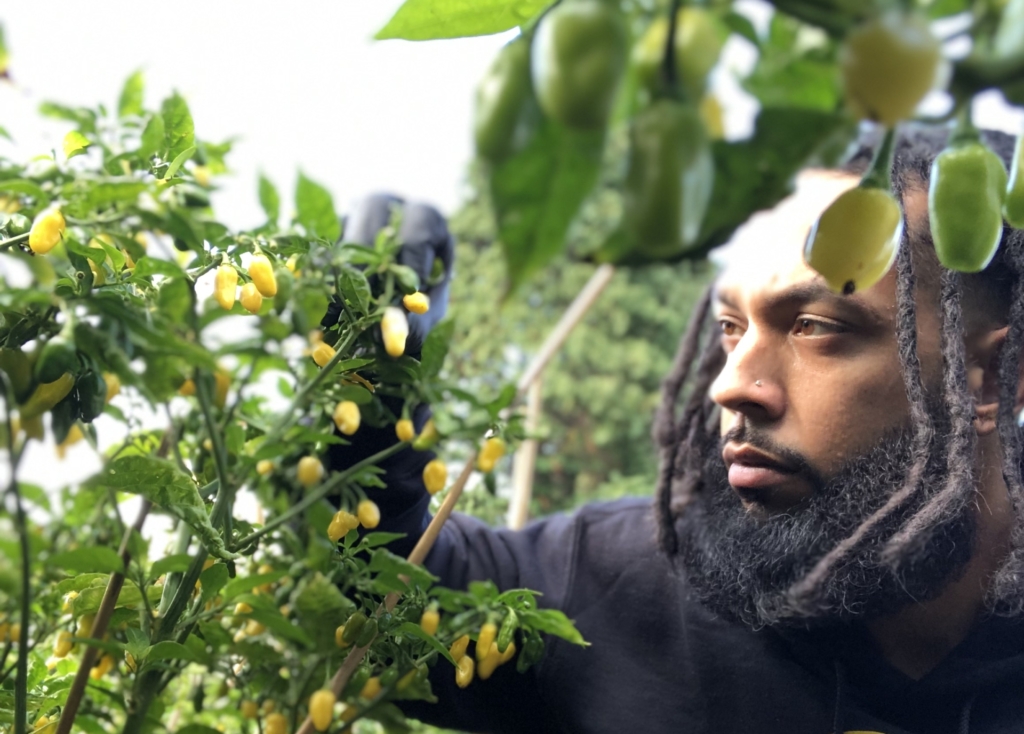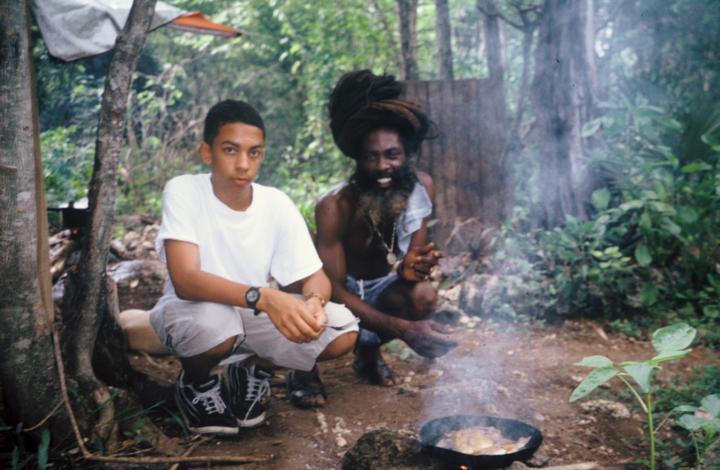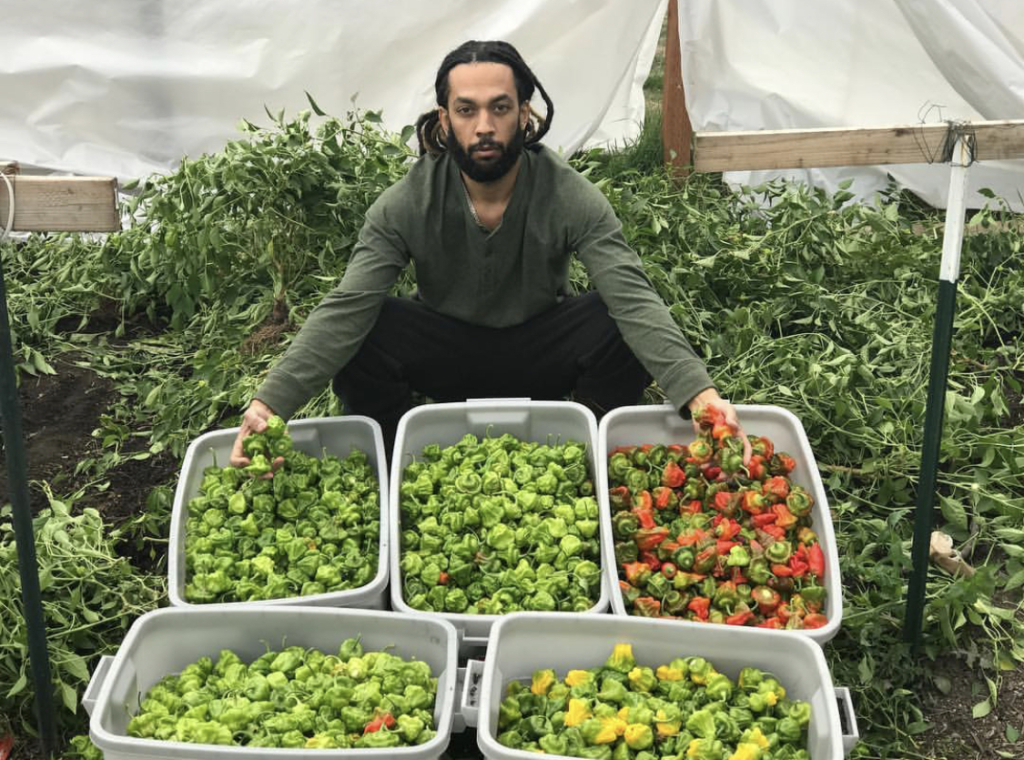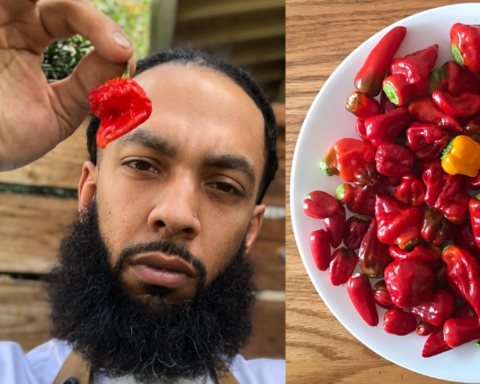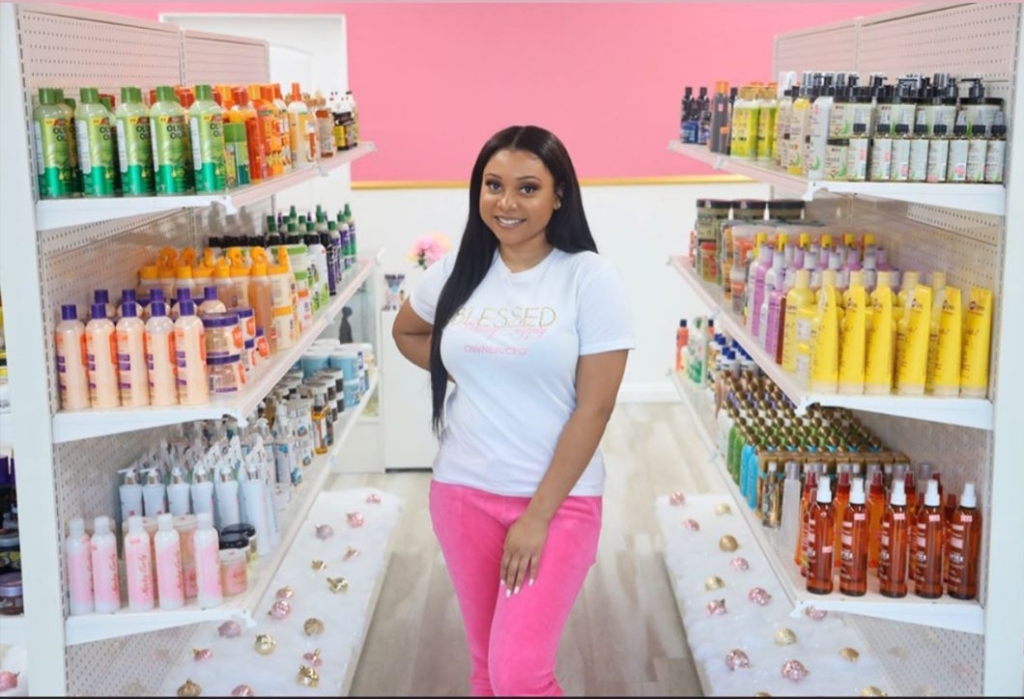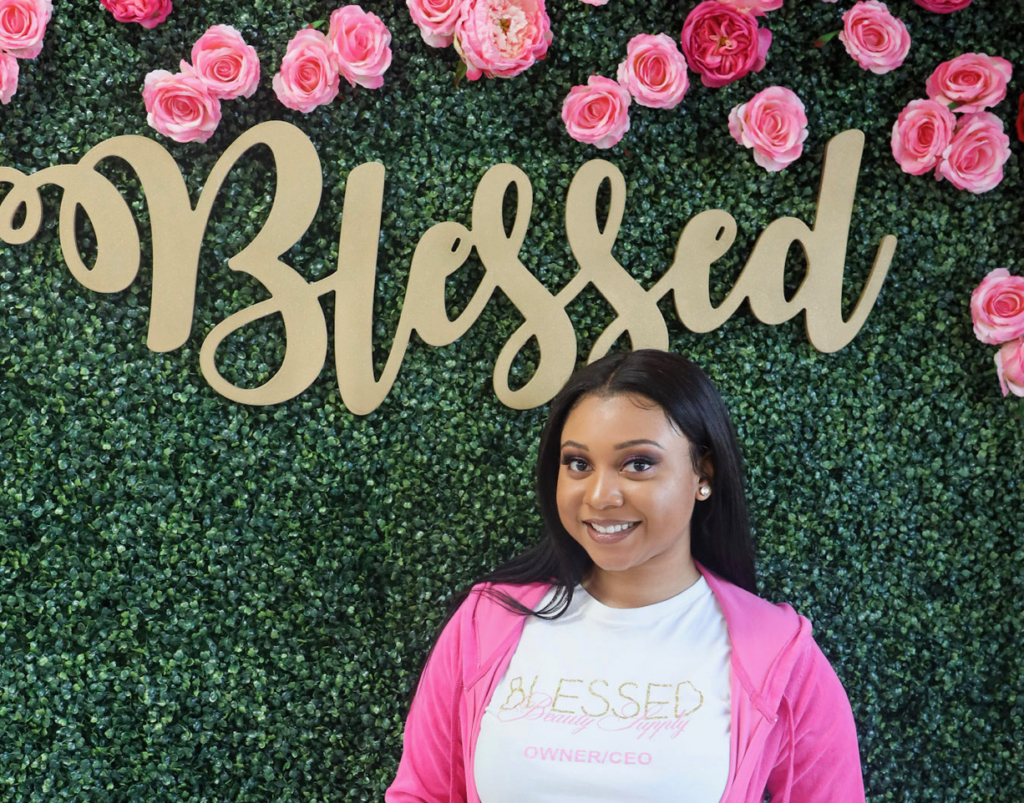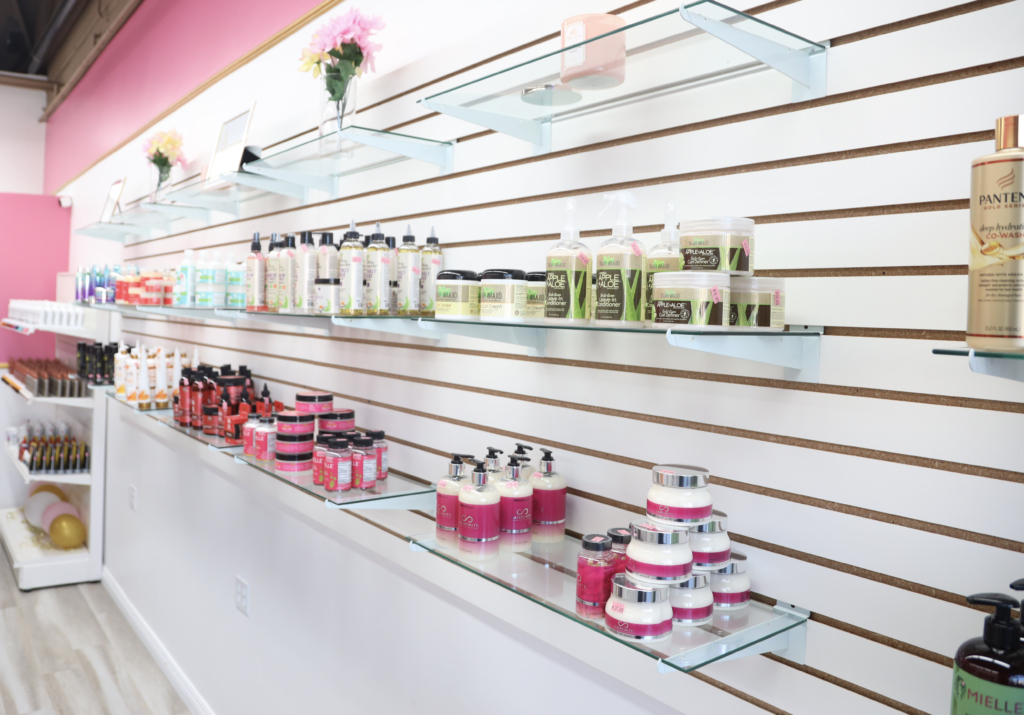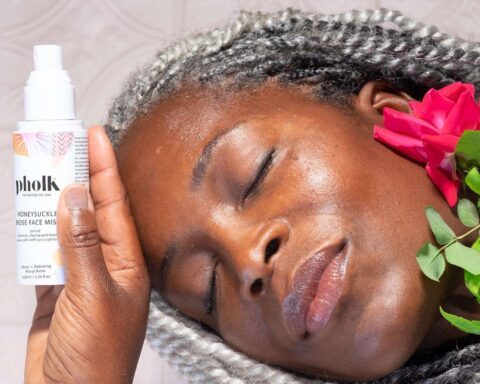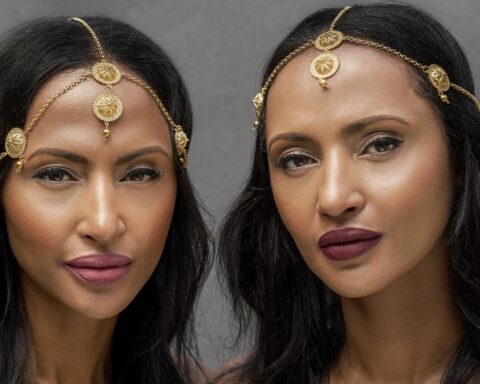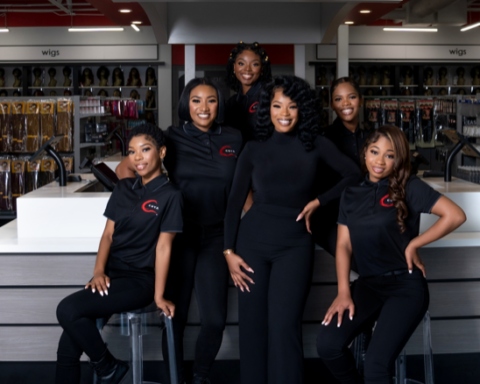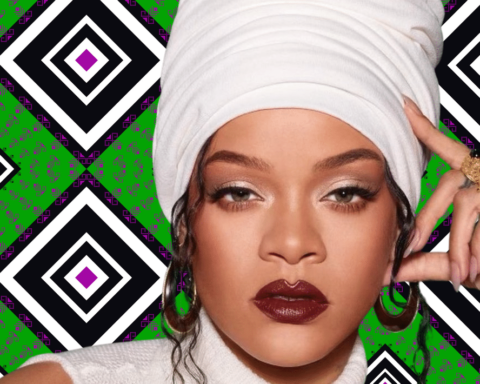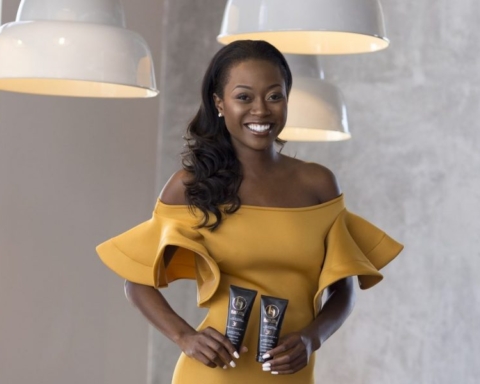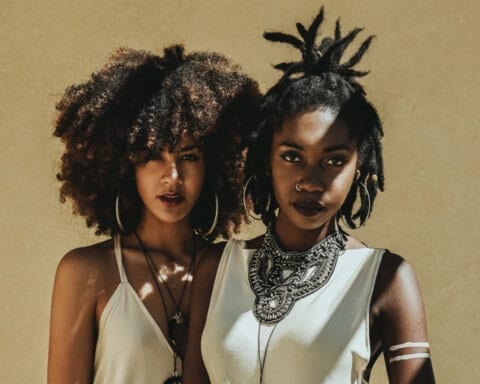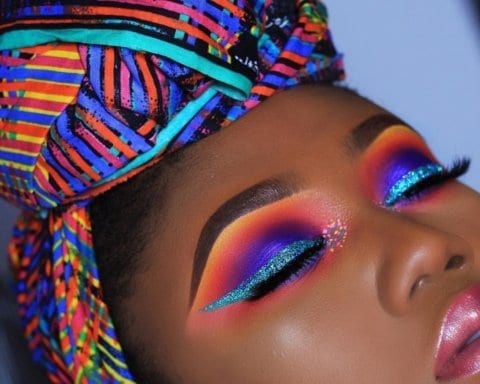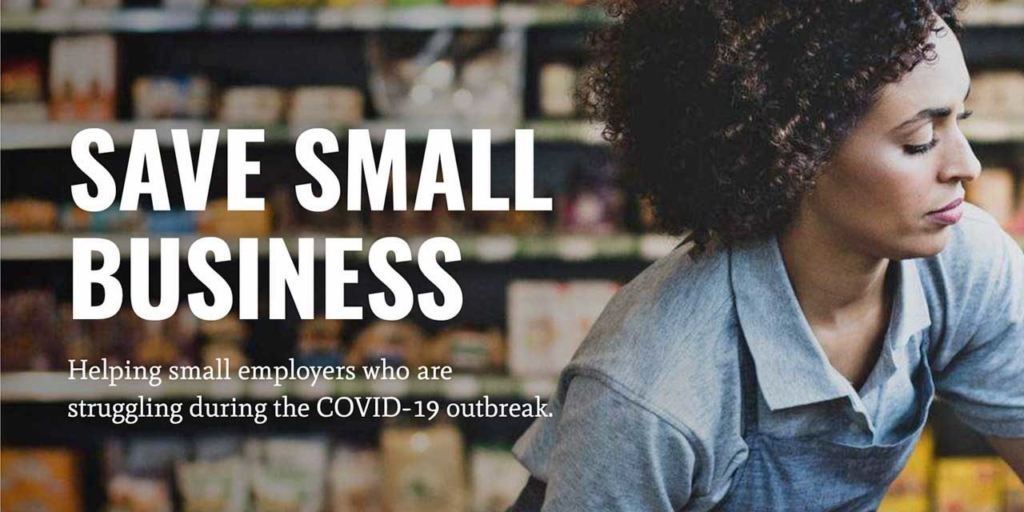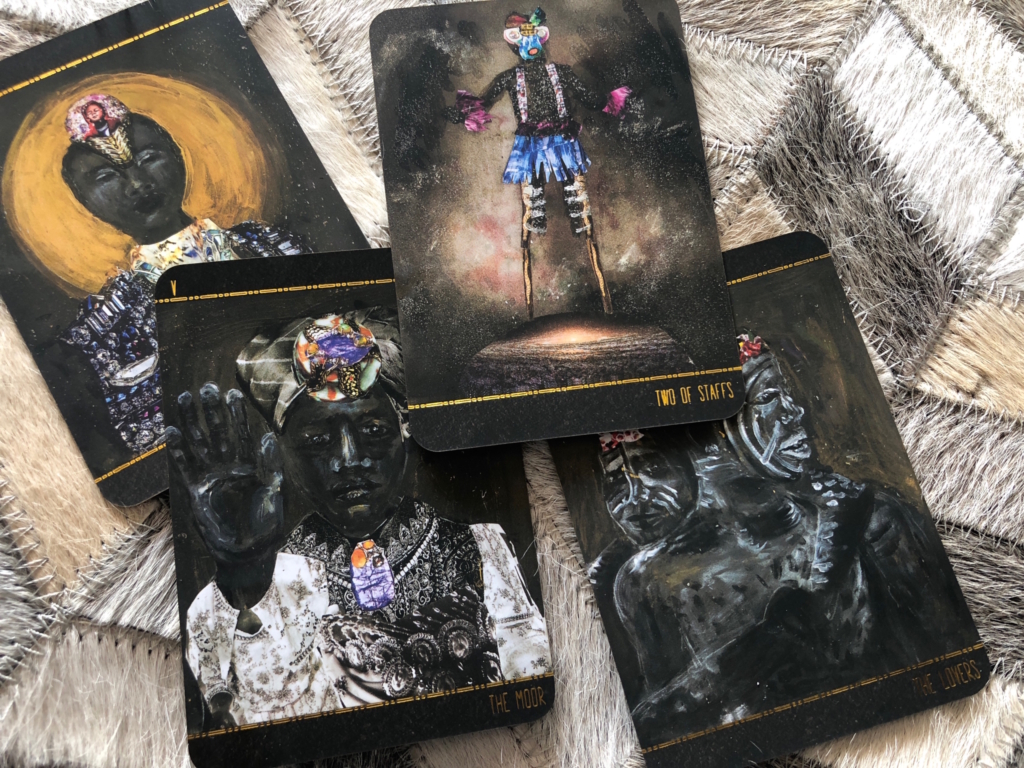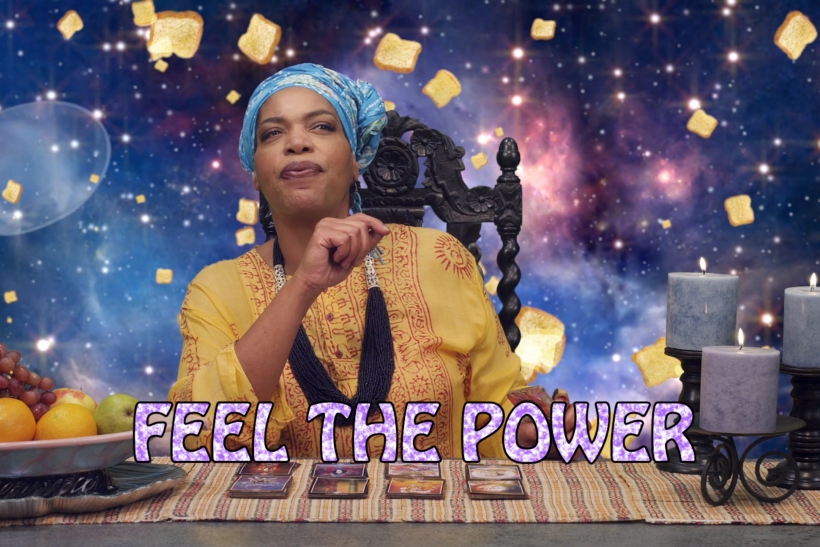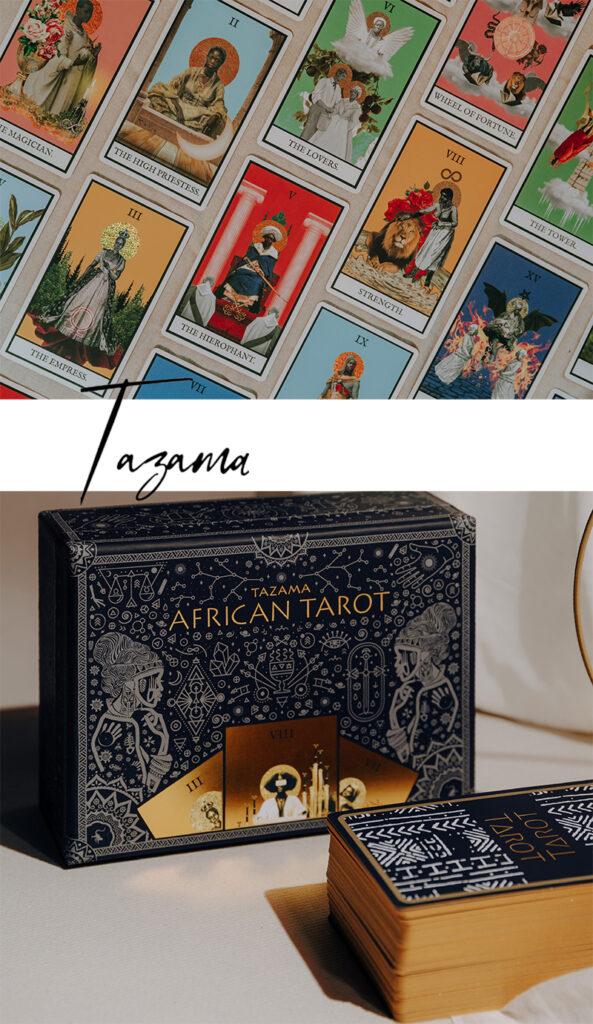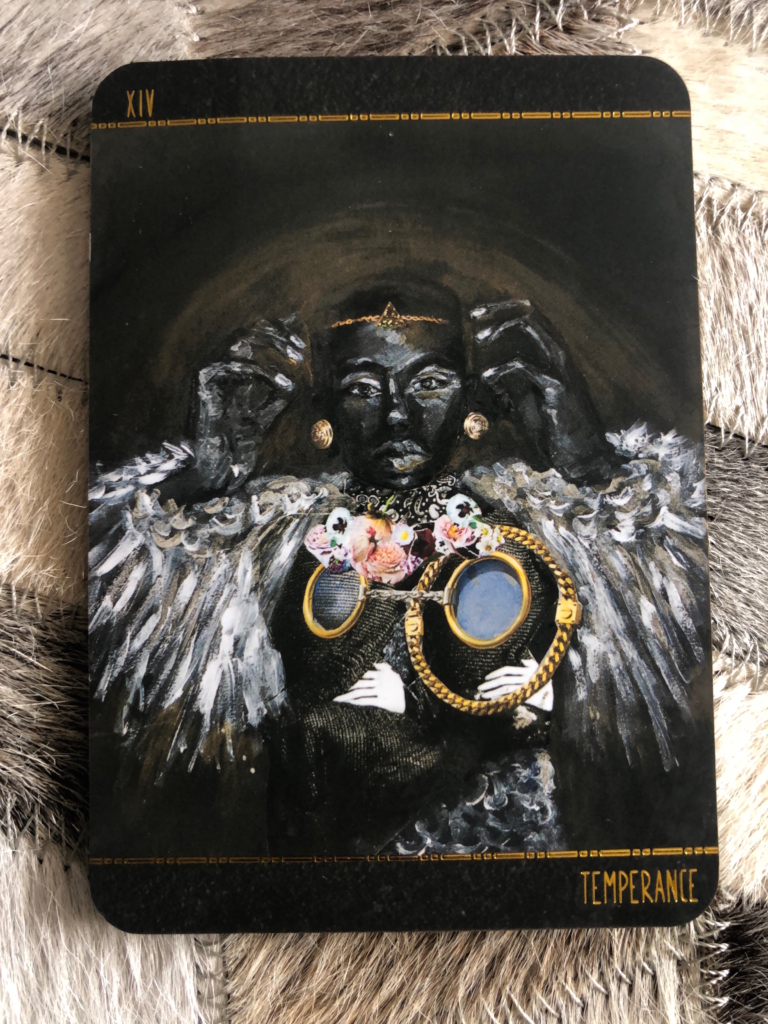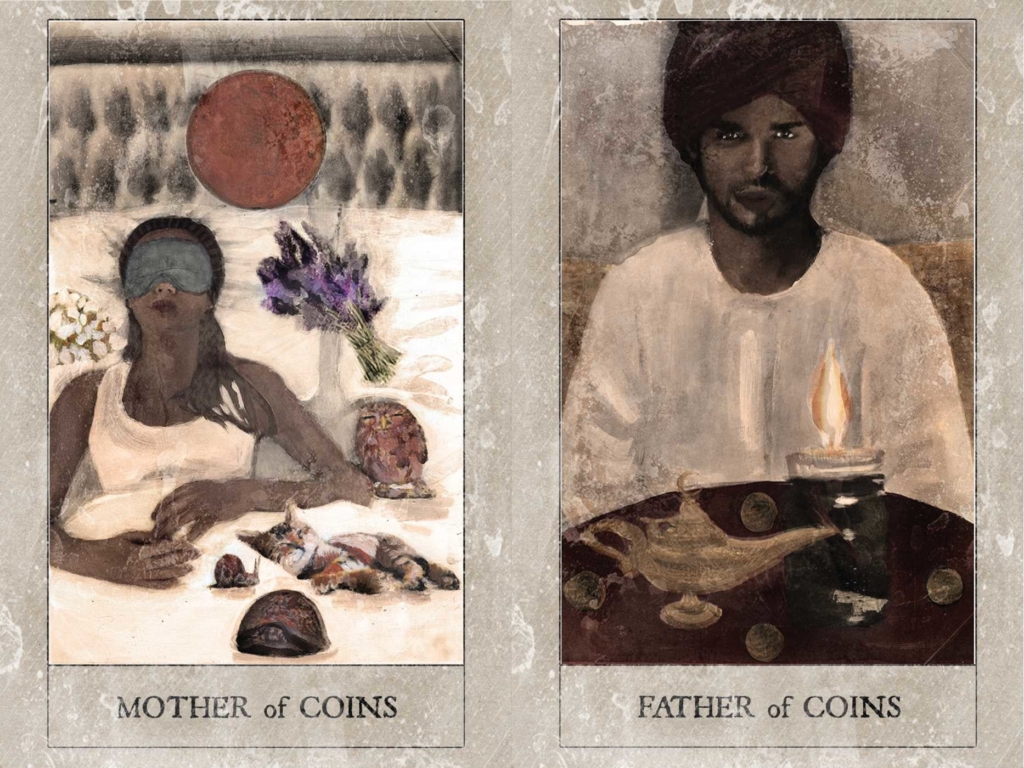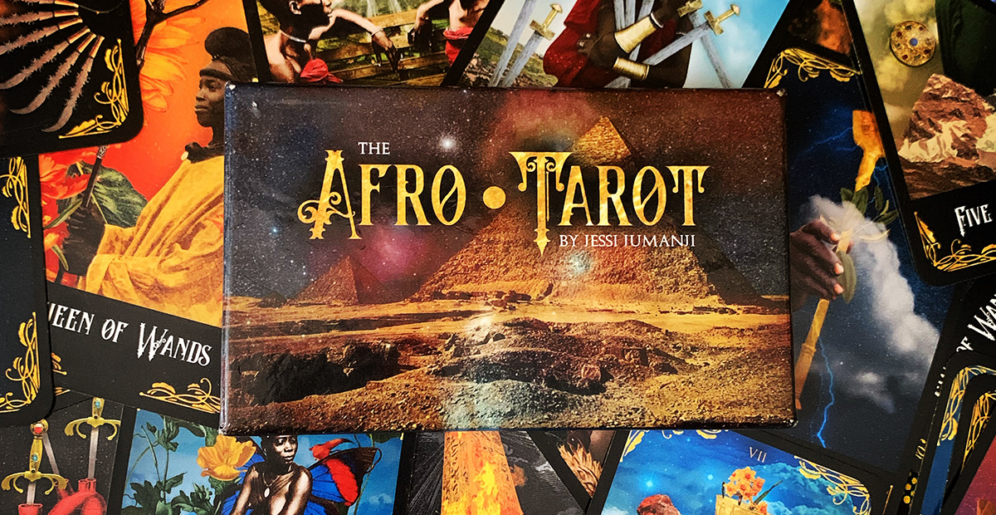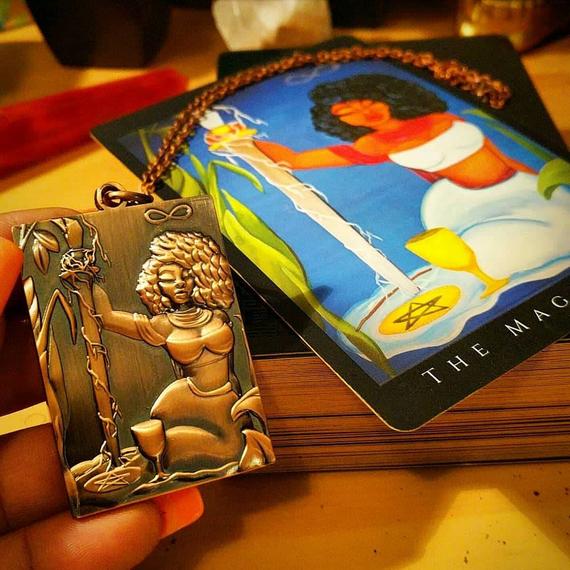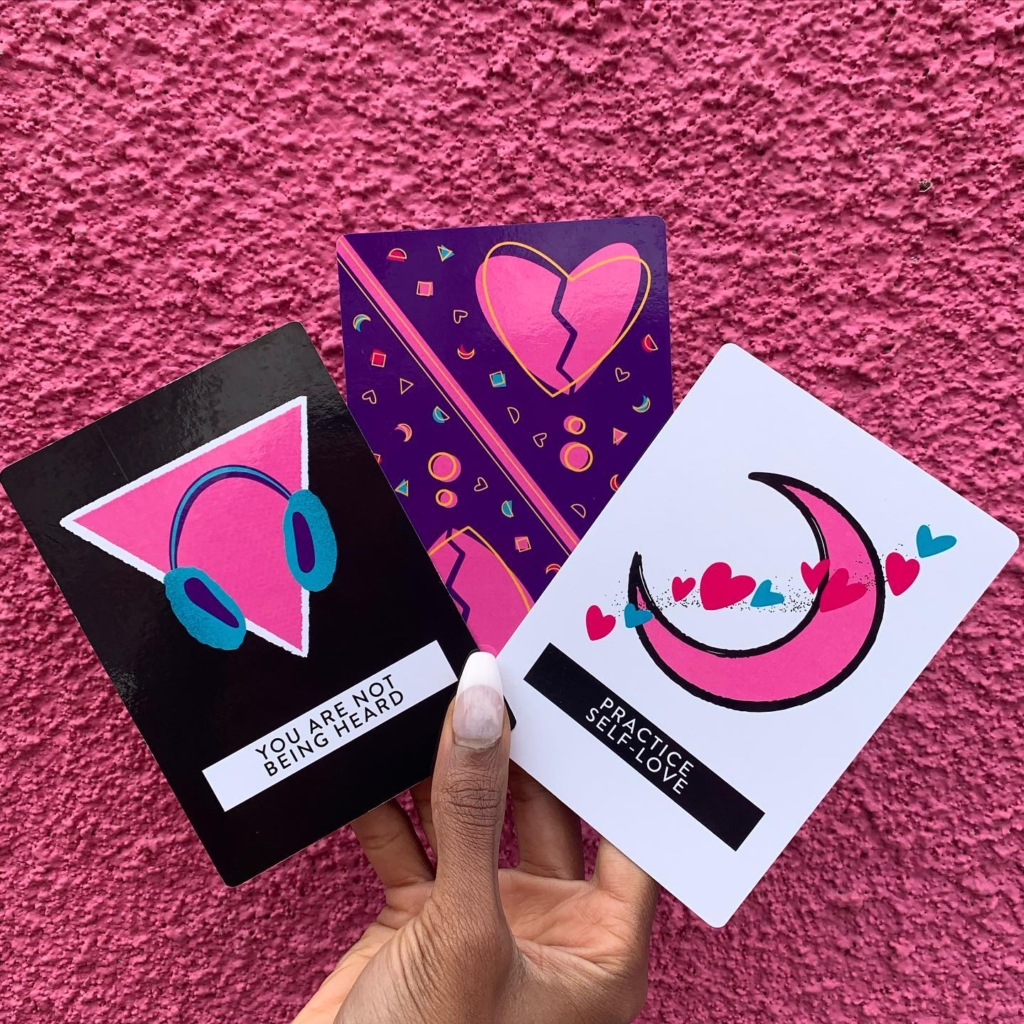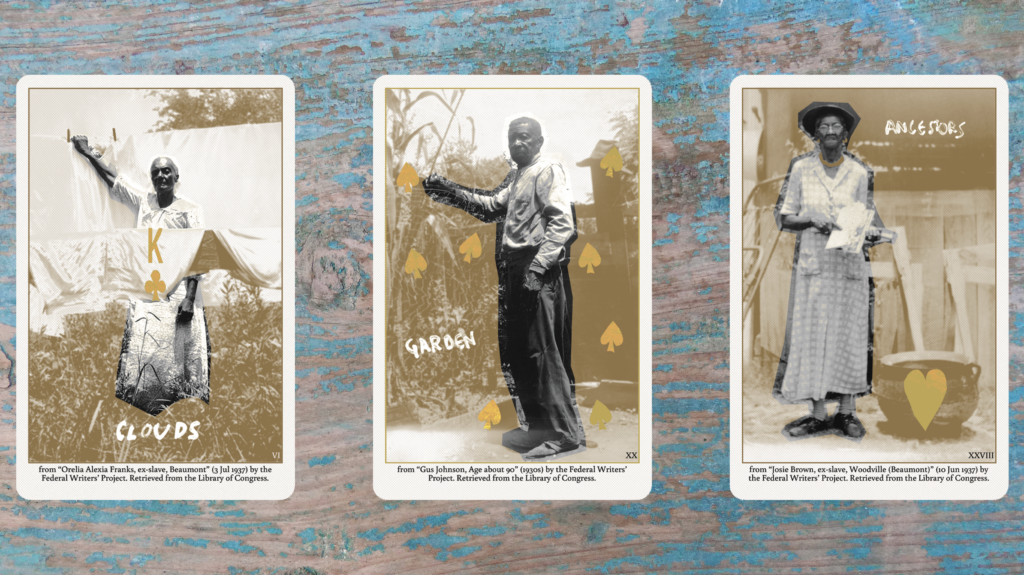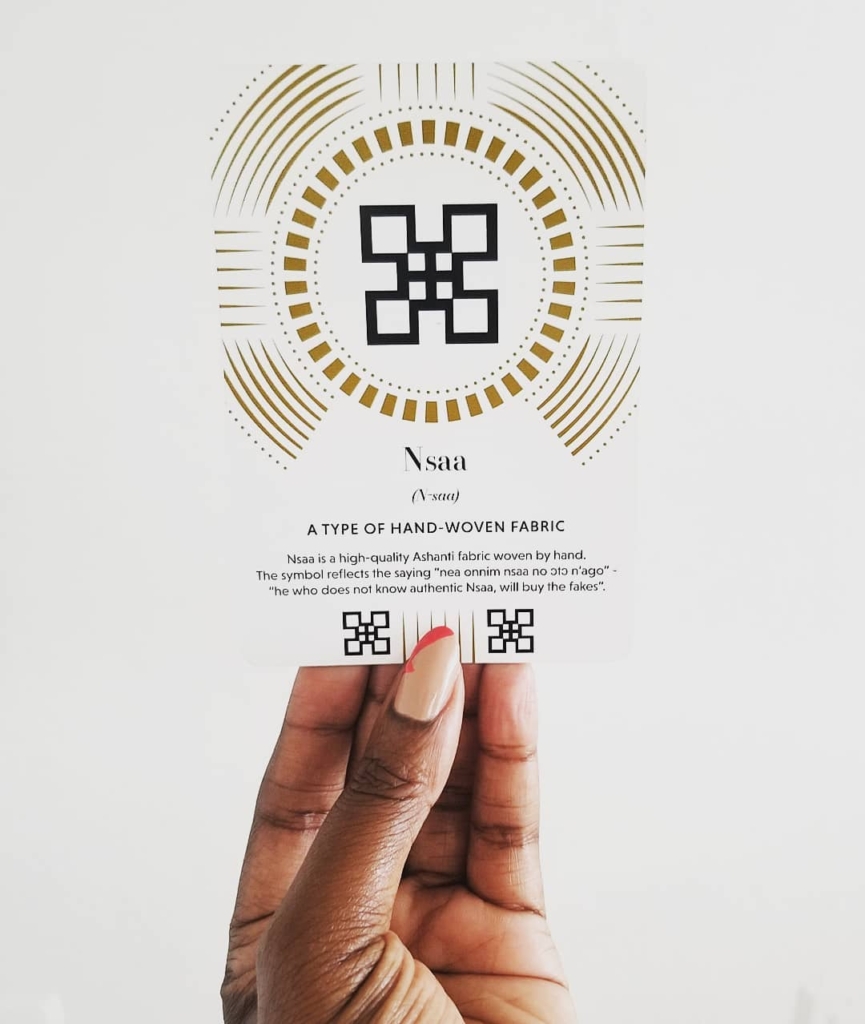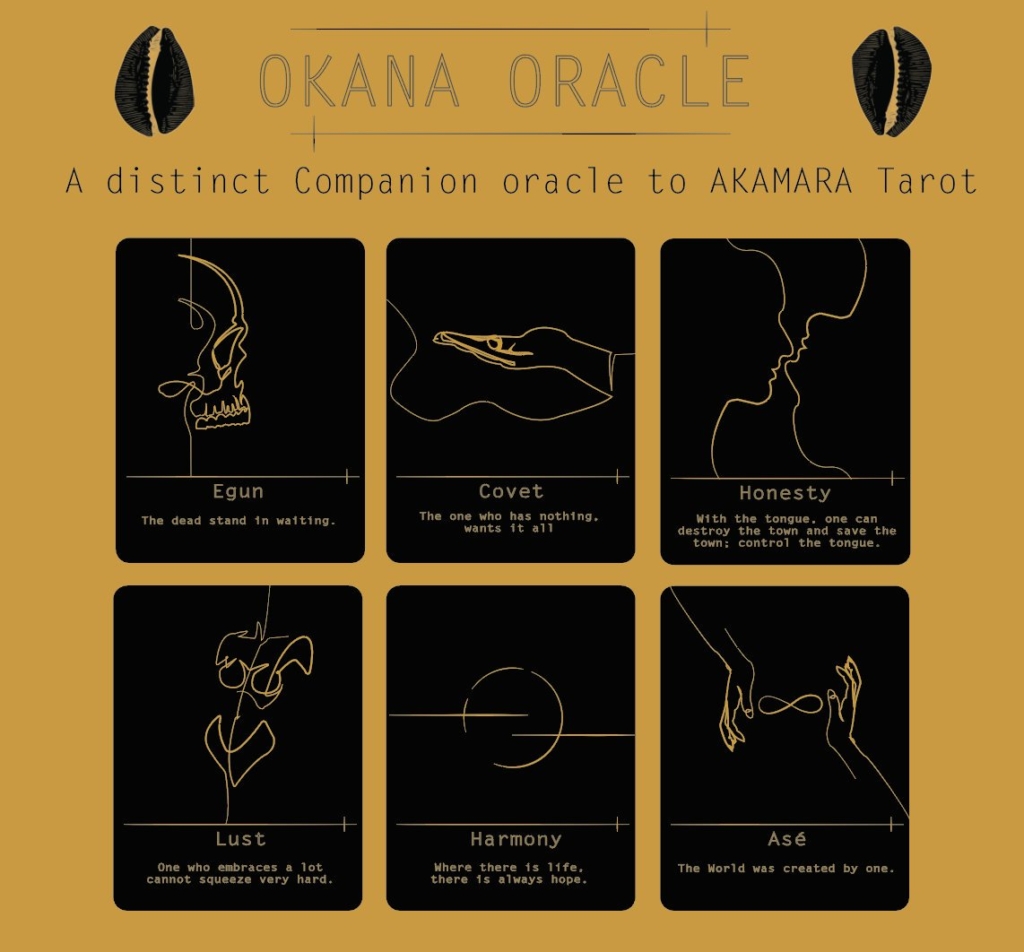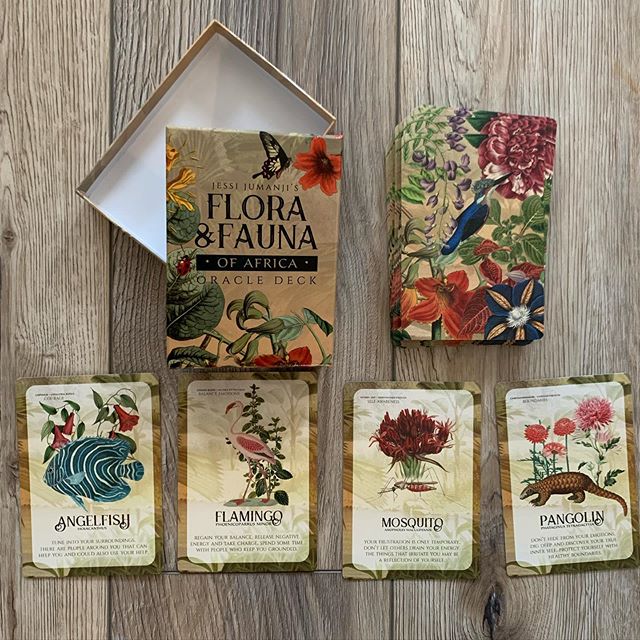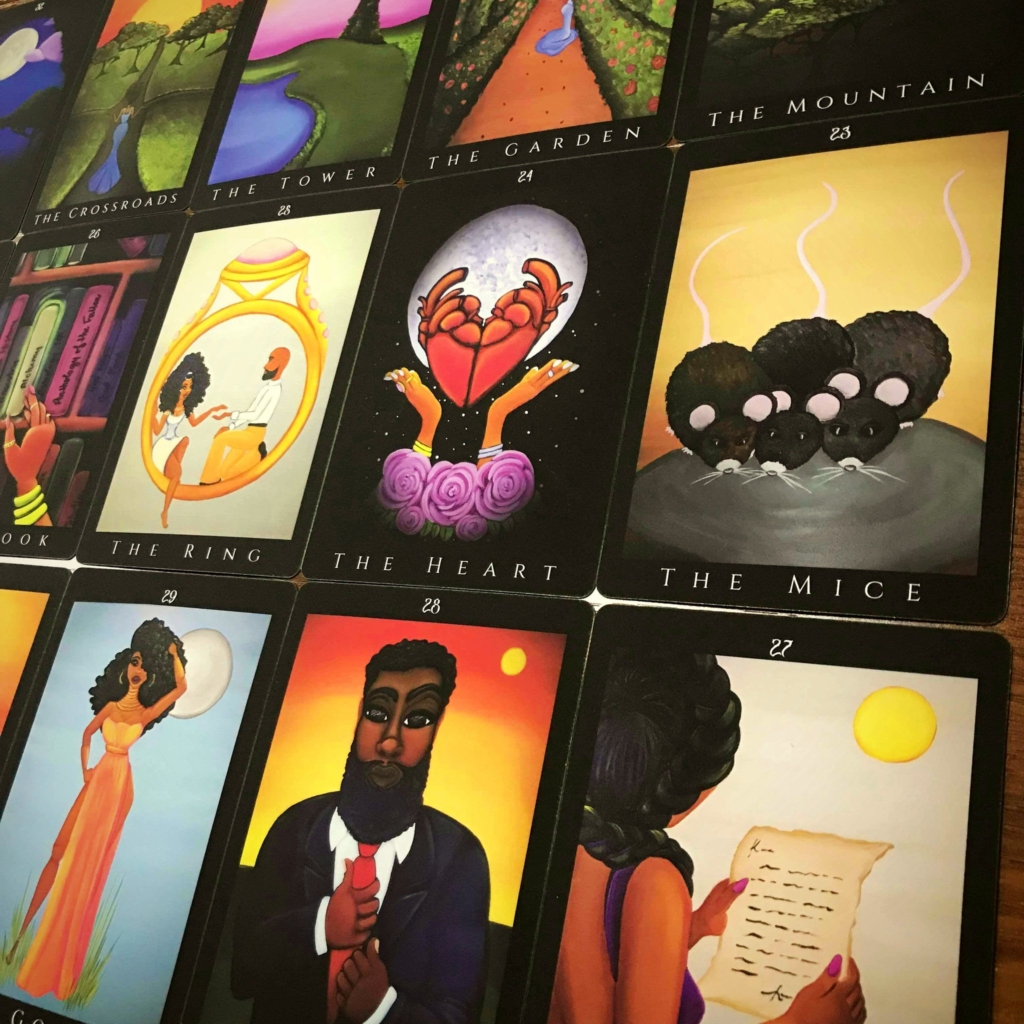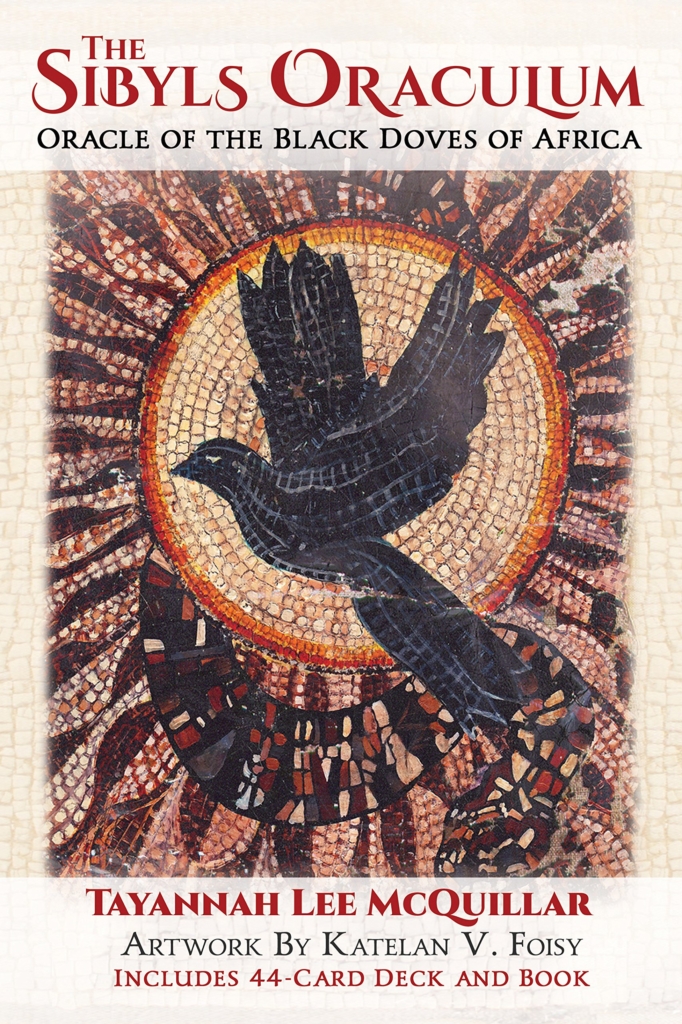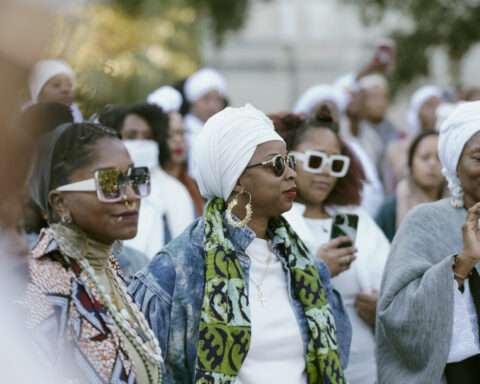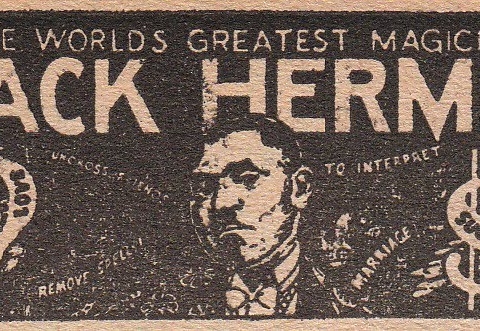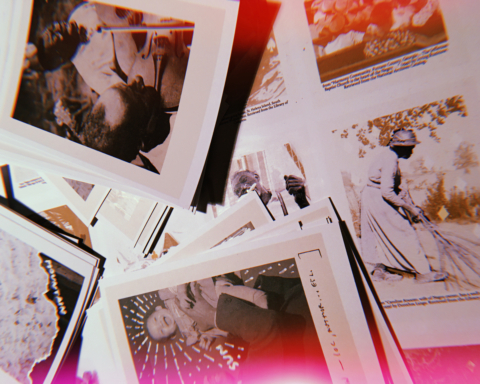Historic Black Owned Restaurant Approved for Coronavirus Relief Loan
Ben’s Chili Bowl is a historic Black Owned restaurant restaurant in Washington, D.C. Amid the coronavirus pandemic that has gripped the D.C. region, the landmark has been doing its best to adapt.
Thankfully, a loan from the Paycheck Protection Program means the U Street institution will get to feed its loyal and hungry patrons for a bit longer.
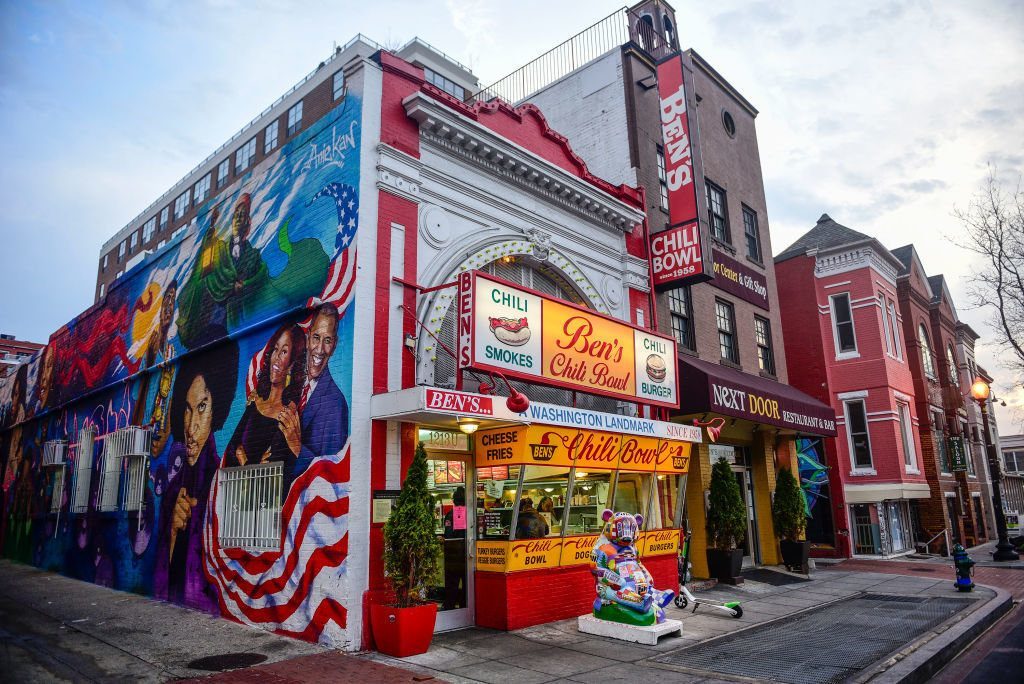
Sage Ali, a member of the Ali family that owns the restaurants, said that the business’ bank informed him that the application for the loan was approved for the second round of PPPs. The application did not get in in time for the first round.
A PPP is a Small Business Administration loan that helps businesses keep their workforces employed during the coronavirus outbreak.
“Things are good … and we’re very thankful for that,” Ali said.
They have not received the money, but Ali said that it should cover at least two months of the payroll for the four restaurants that the family owns: the original one and Ben’s Next Door on U Street NW, a location on H Street NE and one in Arlington, Virginia.
Currently, only the original restaurant remains open for takeout and delivery.
Ali said that he would only consider reopening on a case-by-case basis.
He said the personal family commitment has been that the U Street location will never close, “but we really do have to look at the other locations on a case-by-case basis and see.”
Ali said that it’s hard to imagine what the “new normal” means.
“As you know, the Chili Bowl has been a real community gathering place, and we’ve created where the community goes. Even beyond the DMV, it has become a global community gathering place,” Ali said.
But what does social gathering mean after social distancing? That is what Ben’s Chili Bowl and other restaurants and businesses are trying to figure out.
“This would have easily been our biggest year ever” had it not been for the closures, Ali said.
Another Ben’s Chili Bowl location had just opened at the beginning of March at the Horseshoe Casino in Baltimore, but by March 16, the casino closed due to the orders to shutter nonessential businesses.
Loads of tourists were also scheduled to bring in revenue this spring and summer with the cherry blossoms and summer vacation, and bookings that were scheduled months in advance all the way to September were canceled.
“It changes the whole game, and we have to look up and say, ‘How do we adapt to this?’” Ali said.
However, even with over 80% of the business down, Ali said people have been very supportive.
When news hit that the restaurant was in danger of closing because it did not get a loan during the first round, people started coming in, ordering more online. One person even bought a $500 gift card.
Ali said while he and the family were very thankful, it was a little bit uncomfortable.
“We’ve never asked for money,” Ali said. “We’re so thankful with what we’ve been given by the city that our job is to give back and to support and to bring something to the community,” and he said they did not really feel right accepting the man’s generosity.
So, they turned it around, using the money to feed first responders and those in assisted-living facilities.
“That came as a response to this beautiful outpouring of love. How do we pay that forward? How do we use that to enhance our ability to give back?” Ali said.
So now, when people buy gift cards, Ben’s Chili Bowl is taking that and reusing it to buy food that will be donated to first responders.
“We’re not saying, ‘Hey please come and help us,’” Ali said. “We’re thankful for people to come, and if you want a meal, come and get a good meal. Come get a friendly face. That’s what we do. That’s what we’re here for. We’ve always been here for you, so we’re trying to give more than we receive. That’s what we’re here for,” Ali said.
For more information on purchasing a gift card or ordering a chili dog, go to Ben’s Chili Bowl website.
You can also find out more about how to help the restaurant feed first responders on the Ben’s Chili Bowl Foundation.

